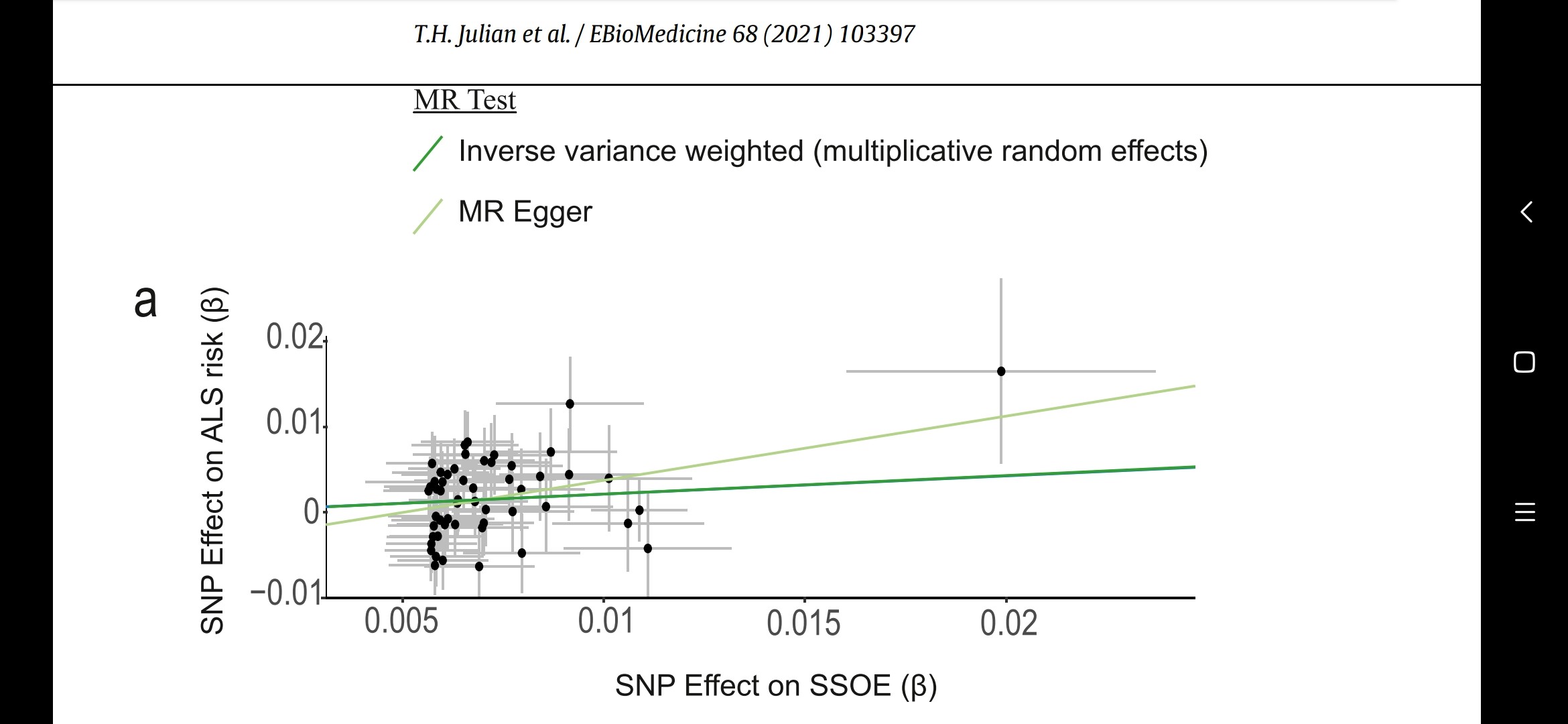There is a study which will be making the rounds of media outlets over the coming weeks due to is claims that exercising as little as 15 min per day 2 times a week causes ALS: Motor neurone disease: Intense exercise increases risk, say scientists - BBC News. I am already being bombarded by my mother-in-law about the horrors of training and I will guess others will be asked the same questions. My question is whether the study is fundamentally flawed because of its methodology or if epidemiologically it hold water. I am not dismissing the theoretical mode of action or the potential for this to occur but I have serious questions over whether the study provides any evidence one way or another.
The study used the following methodology:
- They screened the results of a large(ish) gene study for ‘exercise-associated transcriptome changes.’
- They identified the prevalence of ‘ALS risk genes’ within the above data set.
- They used the results of a questionnaire to split the data between people who had exercised at least 15min 2x a week over the past four weeks and those who hadn’t. (12577 people in the exercise group and 23475 in the non-exercise group)
- They statistically compared the ALS risk gene prevalence between the two groups.
Based on the above I have the following questions:
-
Did their initial screening phase fundamentally bias the results? By looking only at only what they believed to be exercise-associated changes rather than looking at total ALS gene prevalence did they not bias the results before they began? Also wouldn’t the correct way to report the data to be to normalize every individual for the # of exercise associated changes rather than bin the data base on an arbitrary exercise cut-off?
-
How do they know the total exercise loads of their two populations were significantly different? Its a well established in the medical community that when asked by a doctor people don’t provide accurate or precise information on how much they weight, how much alcohol they drink and how much they exercise. You have to take all the answers as a ballpark figure or validate them and by setting the bar so low its not apparent to me they achieved a significant split between the groups. I would have though you needed to go much higher on exercise load to be confident you are differentiating people who do and don’t exercise. Even if we assume people were 100% accurate and precise by only looking at a 4-week window you are getting a snap shot and I have no idea how representative a 4-week window is of life-long practices.
3). Does risk gene prevalence correspond to higher risk? This may be a dumb question but I have always believe ‘potency’ comes into play because that not all gene copies are equal in effect. For example with breast cancer I was under the impression that a lot of genes are involved but huge emphasis is placed in the brca gene because certain varieties of that gene can dominate the total risk. So wouldn’t you need some sort of weighted risk indicator that takes into account potency?
There does appear to be enough circumstantial evidence around ALS and exercise to hypothesis about a link and do more research. However I think bad research (or poorly thought out research) does more harm than good by producing misleading data. I am not sure where to put this study.
